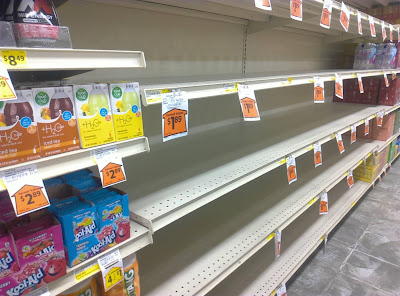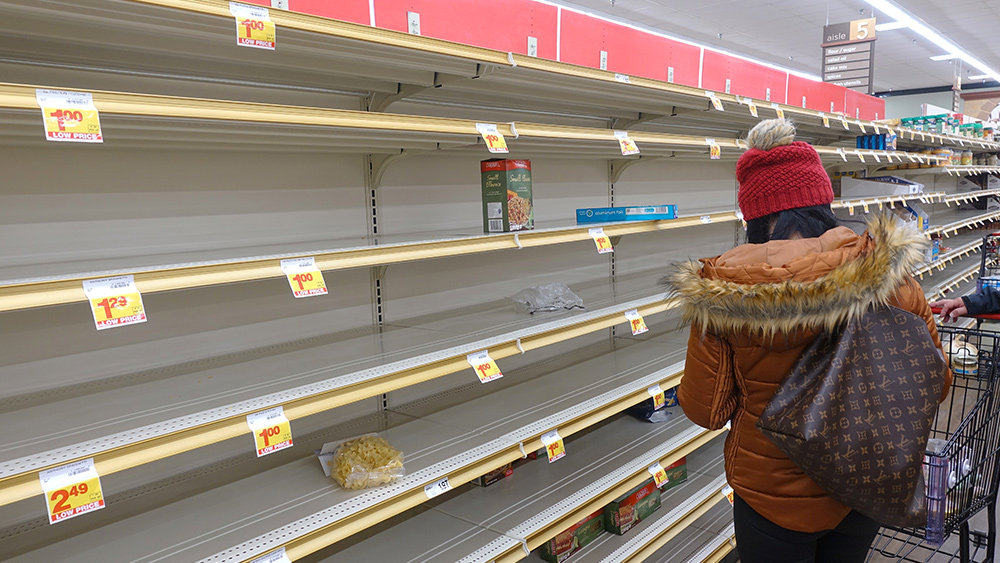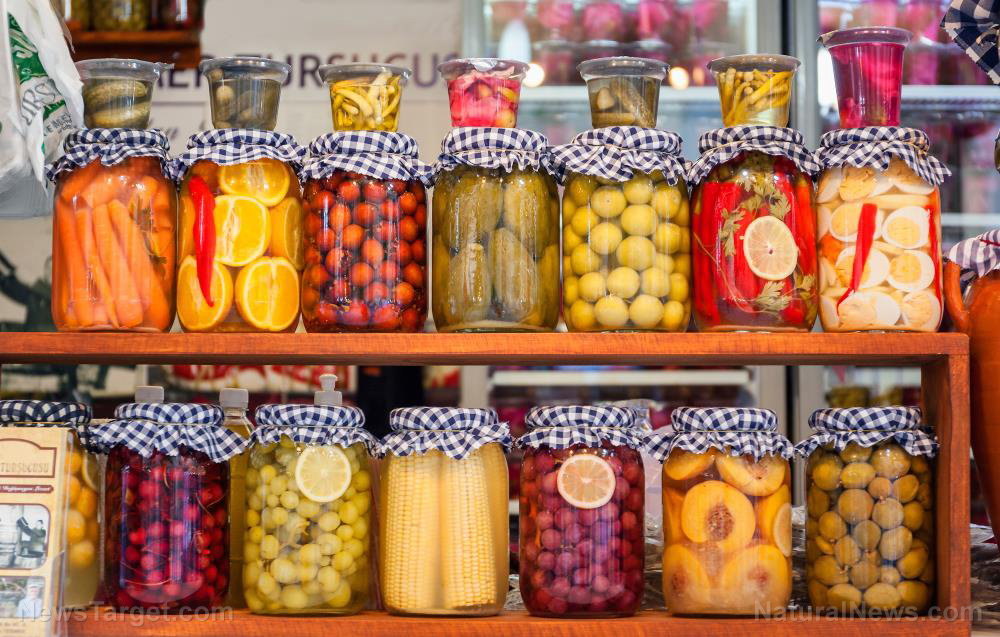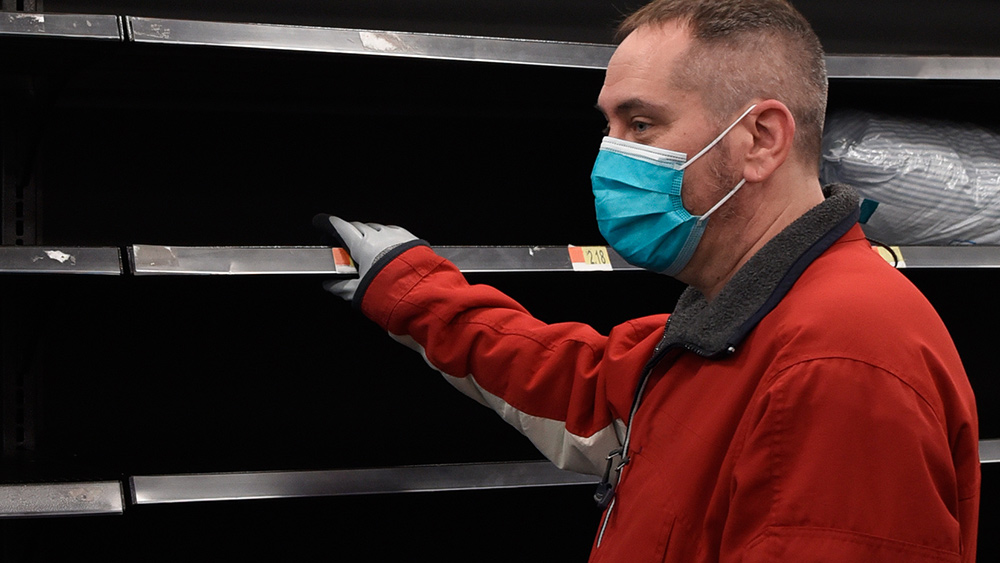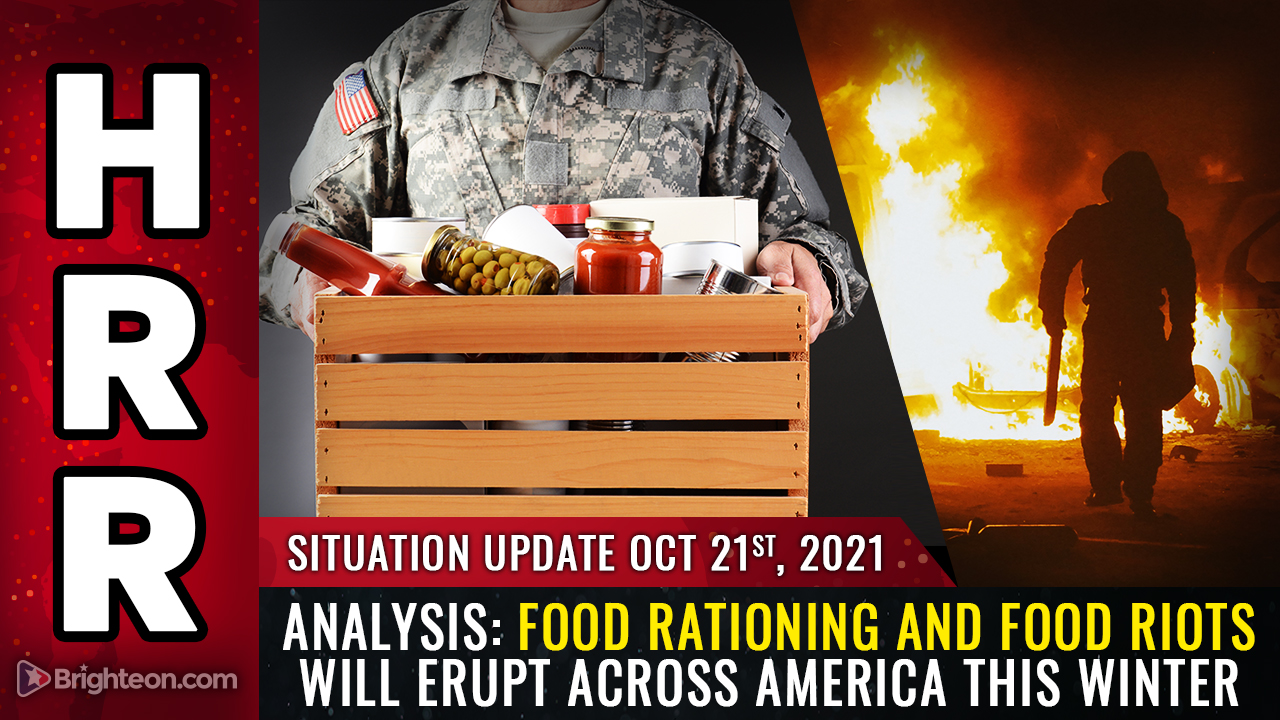California becoming a fast food police state: $1,000 fine for waiters who serve plastic straws with beverages
01/30/2018 / By Cassie B.

California often makes headlines for its groundbreaking legislation, but a recently proposed law is getting attention for all the wrong reasons. AB 1884 would see waiters hit with a $1,000 fine and/or six months in jail for offering guests plastic straws in their drinks.
The bill was introduced by Democratic California Assembly Majority Floor Leader Ian Calderon. It would prohibit any type of food facility from giving patrons single-use plastic straws unless they specifically request one.
“By creating a new crime and imposing additional enforcement duties on local health agencies, this bill would impose a state-mandated local program,” the bill states.
Calderon is quick to point out that his bill is not an outright ban on plastic straws. In a series of tweets, he seemed to contradict what the bill itself says by writing that it doesn’t make it a crime for servers to give people straws. It’s not surprising that he’d try to backpedal on this bill, which has not exactly been received well. After all, most people don’t think that offering someone a straw should be a jailable offense, no matter how much they care about the planet. But we can always count on California to throw some madness our way from time to time.
Some Californian cities, like Davis and San Luis Obispo, already have laws banning waiters from offering straws to customers. Seattle restaurants will be prohibited from offering plastic utensils and straws to customers starting in July, and disposable plastics have already been banned in Manhattan Beach.
In 2016, France became the first country to ban plastic utensils, plates, and cups; it will go into full effect in 2020. Plastic shopping bags are already banned there.
Bill is laughable, but plastic waste is no joke
The bill might come across as a bit extreme, but there is no denying that plastic straws and plastic waste in general is a huge problem. Straws are the sixth most-collected items on beach cleanups in California. Eco Watch reports that 10 metric tons of plastic fragments make their way into the Pacific Ocean every day just in the Los Angeles area, and this includes not only straws but also bottles and bags.
There are some viable alternatives, however, for those situations where people can’t or won’t drink their beverages directly from a cup for whatever reason. A company called Loliware has come up with what it calls the “world’s first edible, hypercompostable, marine-degradable straw.”
The straw is made out of a seaweed-based material. Some will be clear, while others will be made in various colors and flavors that can enhance the drink, such as vanilla. The company’s co-founder says that although it feels like a plastic straw when you first pick it up, it can be eaten if desired. If it enters the ocean, it will simply dissolve. It breaks down as easily as a banana peel and can even be composted in home systems.
Experts have predicted that our oceans will have more plastic than fish by the time 2050 rolls around, and it’s important for everyone to do their part to try to minimize this problem. Because plastic doesn’t biodegrade, its small particles linger in the ocean indefinitely. Marine life cannot distinguish these particles from food, which is why more than 100,000 mammals and a million sea birds die every year from plastic pollution in our oceans. Even though this particular law can be filed under “ridiculous,” at least it is getting people talking about a pressing problem that needs to be addressed.
Find more articles about the cult-like nonsense of the political Left by reading LeftCult.com.
Sources include:
Submit a correction >>
Tagged Under:
California, fast food, food freedom, left cult, legislation, plastic straws, plastics, police state, straws, tyranny
This article may contain statements that reflect the opinion of the author
RECENT NEWS & ARTICLES
COPYRIGHT © 2022 FoodPolice.news
All content posted on this site is protected under Free Speech. FoodPolice.news is not responsible for content written by contributing authors. The information on this site is provided for educational and entertainment purposes only. It is not intended as a substitute for professional advice of any kind. FoodPolice.news assumes no responsibility for the use or misuse of this material. All trademarks, registered trademarks and service marks mentioned on this site are the property of their respective owners.



